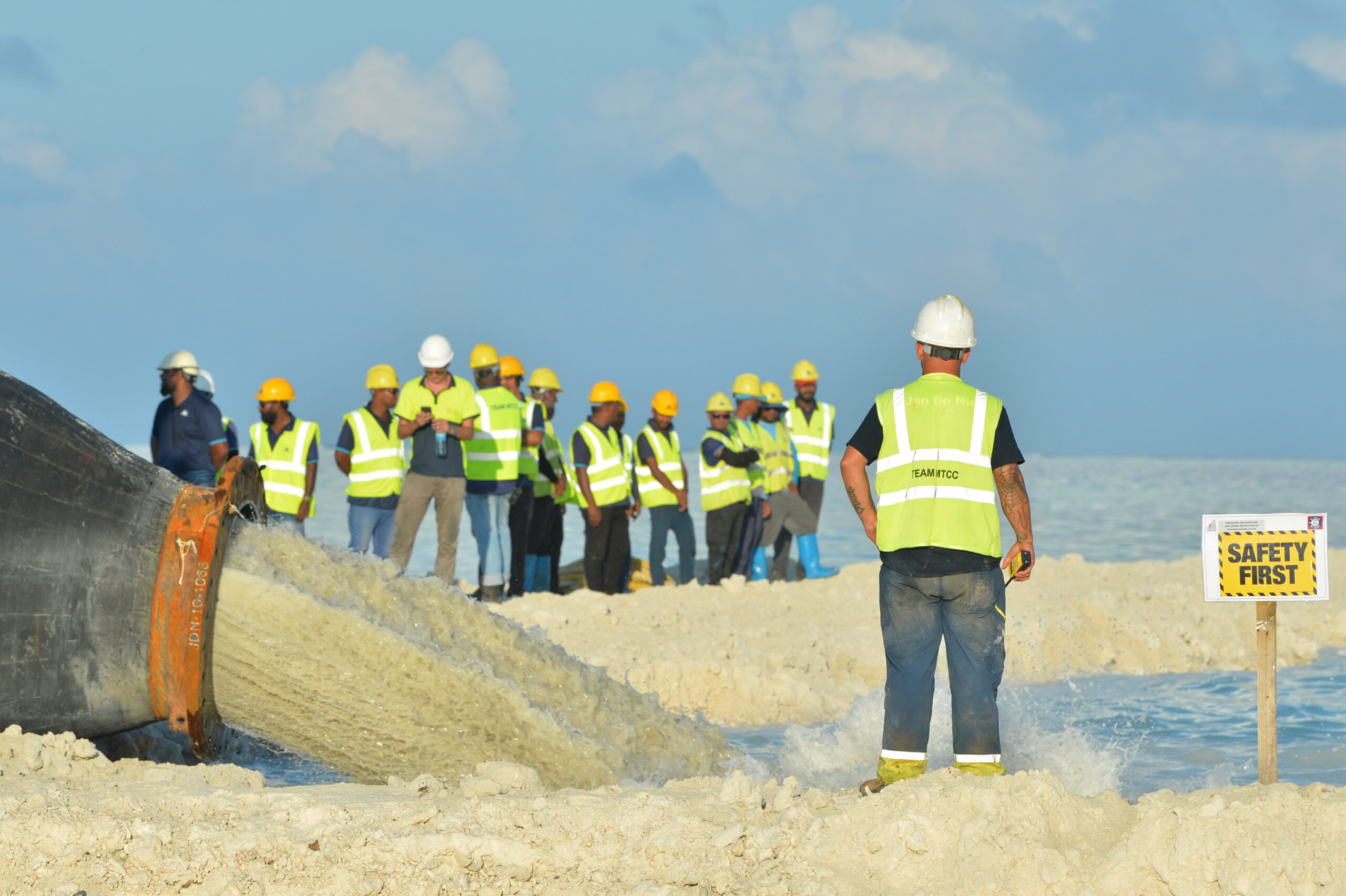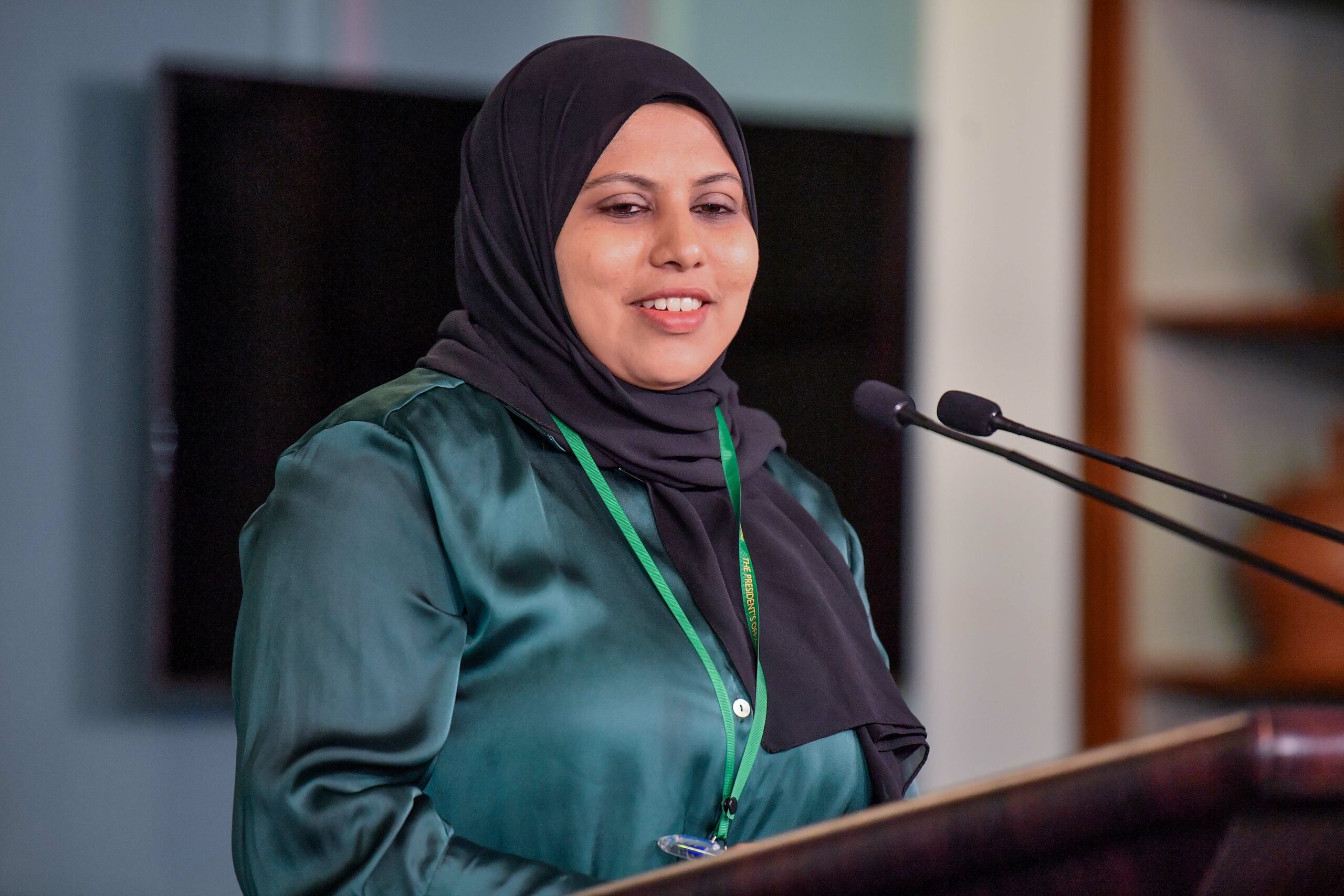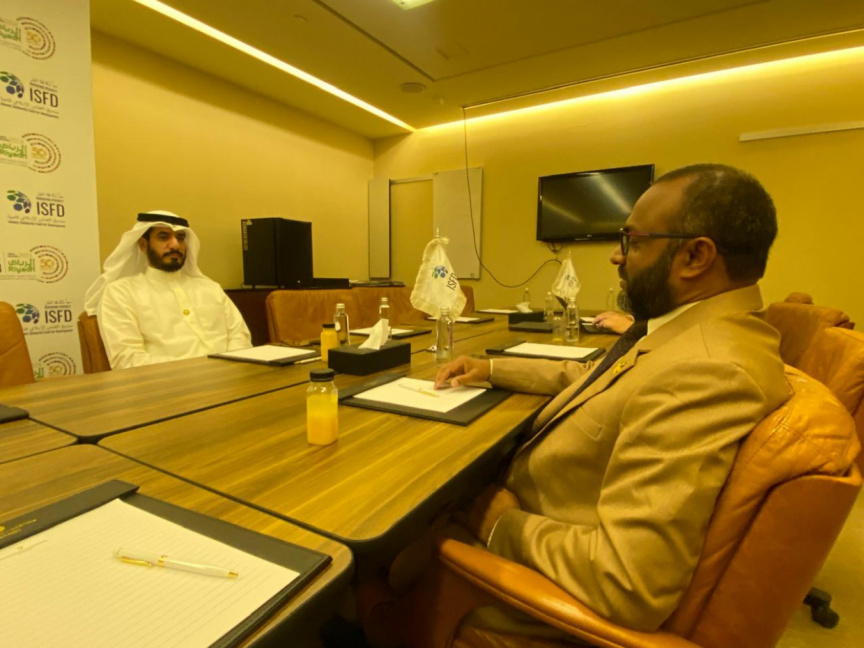Australian scientists are assured that they have found significant implications for the future of T cell-based vaccines, including second generation COVID-19 vaccines.
Their findings were revealed on Tuesday and were published in Nature Immunology, which gives an insight into the function tissue-resident memory T (TRM) cells play in the immune system, and describe how the cells behave in different body tissues.
TRM cells are only found in tissues, they will not be in circulation or the blood, and are required for immune protection against viral infections and are able to control melanoma skin growths.
The research team, led by University of Melbourne Professor Laura Mackay, a laboratory head at the Peter Doherty Institute for Infection and Immunity, looked at the behavior of TRM cells in various body tissues.
The comparison of barrier organs that are exposed to the environment, such as the skin, to solid organs such as the liver, the immunologists found that the place in which TRMs are raised impacts how they contribute to immunity.
Researcher Susan Christo said finding out the molecular signatures of TRM cells in specific tissues would help in the development of T cell-based vaccines and immunotherapies.
“For example, if you want effective T-cell mediated immunity against a respiratory virus like SARS-CoV-2 or influenza, you want to induce TRM cells in the lung,” Christo said. “That way, the memory of the infection exists at the site of potential pathogen encounter. We found that TRM cells act like chameleons when they enter into a new tissue – they rapidly adapt to the molecules and proteins around them and can take on a new ‘image’ or phenotype.”
“The tissue surroundings also control how these cells behave – TRM cells in the skin are suppressed by a particular protein called TGF-b, which acts like a handbrake to stop these cells from unnecessary activation that may cause autoimmunity, such as psoriasis, but still allows them to fight against dangers like melanoma.”
“One key advantage of skin TRM cells is they can last a really long time and will be ready to attack when the body is in true danger.”
The team found the TRMs in the liver do not have this TGF-b “handbrake” and therefore have a greater ability to form a bigger pool of cells. “You could think of them as generating a large army of soldiers that fight the infection,” Christo said. “However liver TRMs have a shorter half-life and might not be around to fight future battles.”
“This is also the case for short-lived TRM cells in the lung, which has significant implications on the durability of vaccines against the flu and COVID-19. Therefore, our study provided the first evidence of what our immune cells need to last the distance and protect us for a long time.”
Source: Xinhua News Agency

 News4 days ago
News4 days ago
 News7 days ago
News7 days ago
 News3 days ago
News3 days ago
 News7 days ago
News7 days ago
 News5 days ago
News5 days ago
 News4 days ago
News4 days ago
 News4 days ago
News4 days ago
 News5 days ago
News5 days ago






























